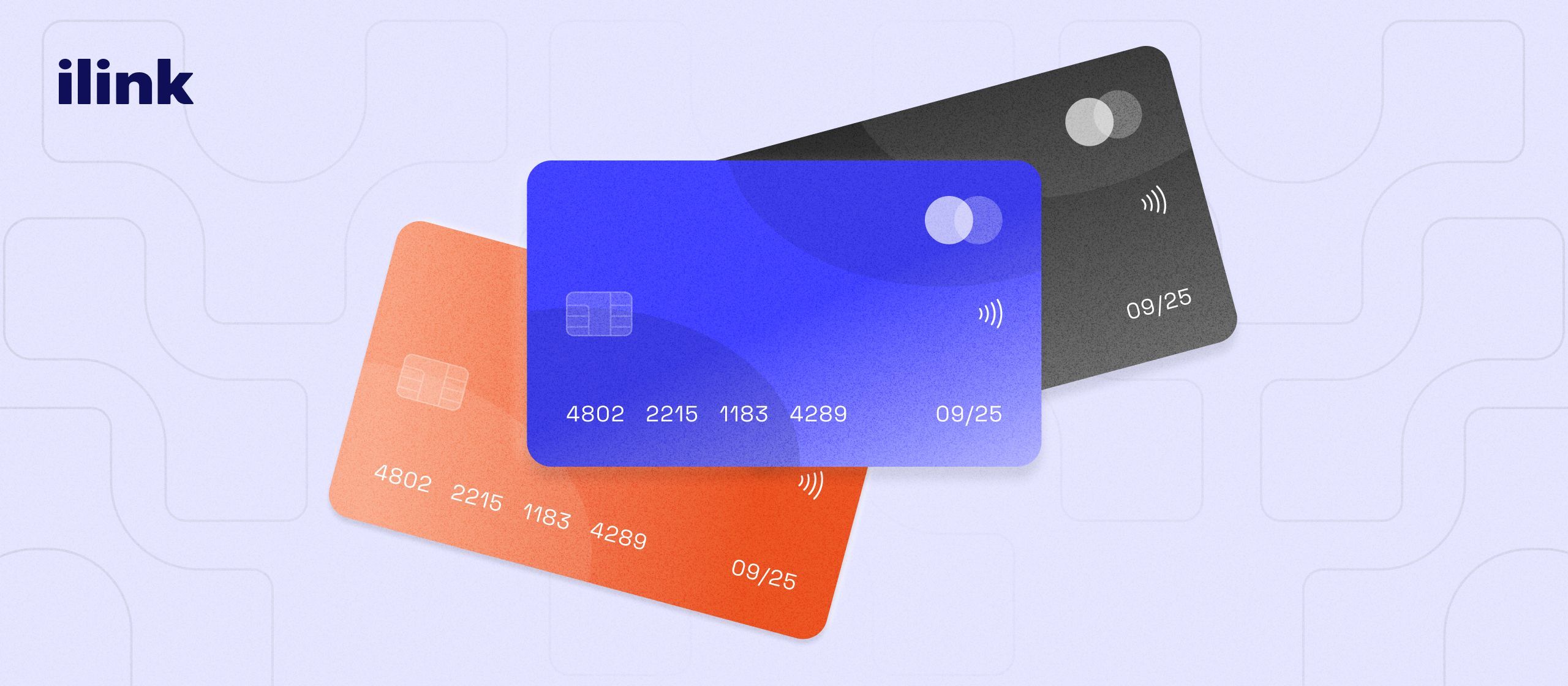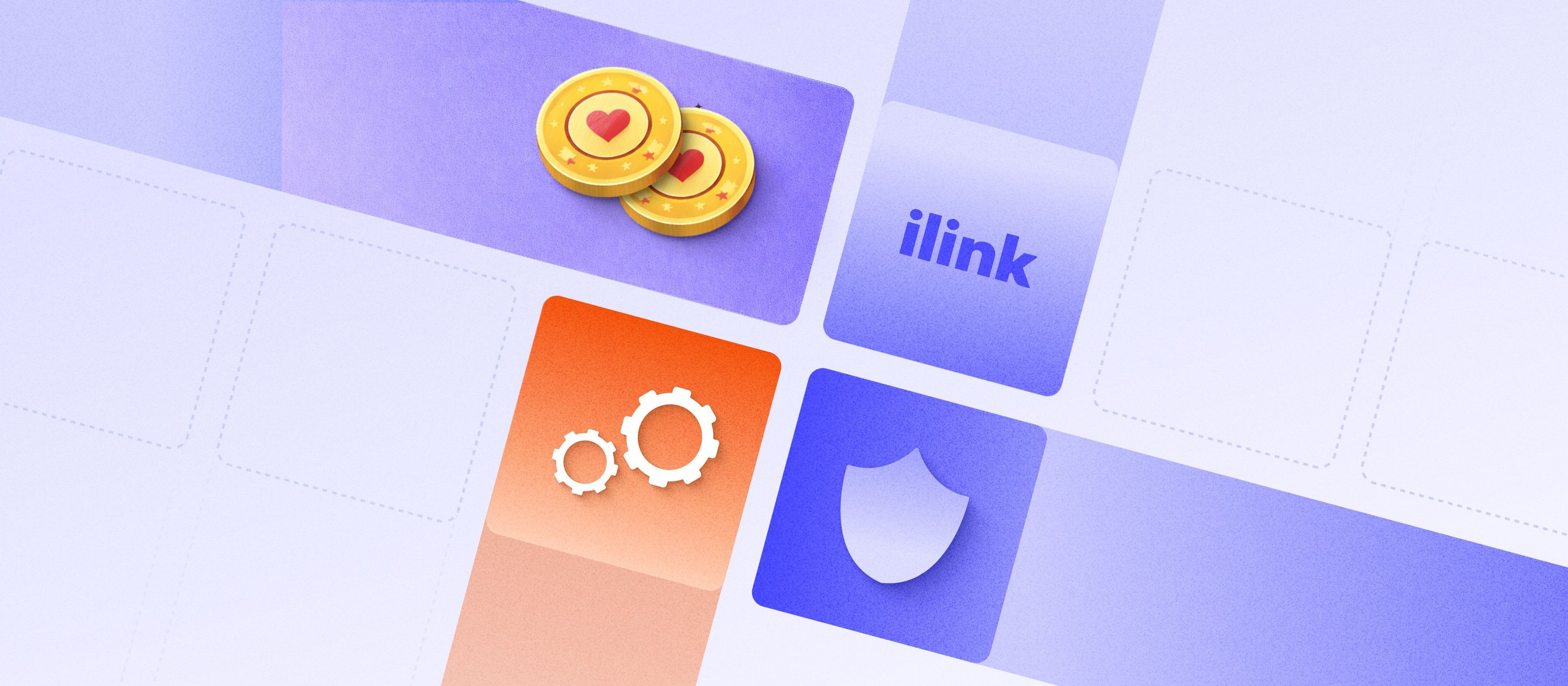Building Blockchain-Powered Banking Solutions: Opportunities for Custom Development in 2026
Introduction
Banks are upgrading their tech stacks faster than ever in 2026, because customers now expect instant digital services, and regulators expect stronger transparency.
- Global IT spending is projected to reach $6.15 trillion in 2026, with software and infrastructure investments continuing to rise.
- At the same time, cross-border money movement is still expensive and slow in many corridors: the World Bank reports a global average remittance cost of 6.49% (March 2025 report reference on its portal).
- And digital money rails are becoming a strategic topic for central banks: the Atlantic Council tracker says 137 countries & currency unions (98% of global GDP) are exploring CBDCs, with 49 pilots and 3 launches.
A key point for banking leaders is that blockchain is increasingly treated as “infrastructure,” not hype. The Bank for International Settlements puts it plainly: “Tokenization represents a transformative innovation to both improve the old and enable the new.”
This article is about where blockchain creates measurable value in banking and what “banking-grade” custom development looks like in 2026, and it was prepared by ilink, a reliable partner in software development, blockchain, and AI.
Updated: February 2026.
What “Blockchain-Powered Banking” Means in Practice
In banking, “blockchain-powered” usually doesn’t mean replacing the whole bank with crypto.
It means using shared, tamper-resistant ledgers (often permissioned/private) to improve specific workflows like settlement, compliance evidence, identity, and asset issuance.
A simple way to think about it:
- Traditional systems = each participant keeps their own database and reconciles later.
- Blockchain-style systems = participants share a common source of truth and reconcile continuously.
Why Traditional Banking Needs an Upgrade in 2026
Most banks aren’t struggling because they lack “features.” They struggle because core processes were built for a slower world. Typical pain points that blockchain can address:
- Slow settlement and reconciliation. Multiple intermediaries and batch processing increase delays and operational risk.
- High compliance overhead. Proving “what happened” across systems takes time, manual work, and audits.
- Cross-border friction. Industry-wide efforts exist (e.g., G20 roadmap), but progress is uneven and targets look difficult to reach on schedule.
- Fraud and data integrity gaps. Disputes often come from mismatched records across institutions and vendors.
Key Areas Where Blockchain Adds Value in Banking
Below are the most practical “bank-grade” use cases in 2026, with a plain-language explanation for each.
1. Cross-border payments and settlement.
- What it solves: delays, multiple correspondent steps, limited transparency.
- How blockchain helps: shared settlement records and programmable rules can reduce reconciliation and improve traceability (especially when combined with modern messaging and compliance tooling).
2. KYC/AML evidence and audit trails.
- What it solves: repeating verification across products and subsidiaries, plus costly audits.
- How blockchain helps: creates immutable logs of checks, approvals, and status changes, which makes audits easier and reduces “who changed what” disputes.
3. Digital identity and consent (customer onboarding).
- What it solves: slow onboarding and fragmented customer identity across systems.
- How blockchain helps: enables verifiable credentials and consent tracking so the bank can confirm customer attributes without re-collecting everything each time.
4. Tokenization of real-world assets and bank products.
- What it solves: slow issuance/transfer processes and limited liquidity for certain assets.
- How blockchain helps: represents assets (bonds, funds, receivables, even deposits) as tokens that can be transferred with rules embedded (who can hold it, when it can move, reporting requirements). The Bank for International Settlements also frames tokenisation as a path to new arrangements in securities markets and beyond.
5. Smart contracts for automation.
- What it solves: manual processing for settlements, corporate actions, collateral moves, fee logic.
- How blockchain helps: smart contracts execute “if/then” rules automatically (e.g., “release collateral when payment is final”), reducing human error.
6. Trade finance and supply-chain finance.
- What it solves: document-heavy workflows and fraud risk (duplicate invoices, inconsistent documents).
- How blockchain helps: shared records for documents, milestones, and approvals, plus automated triggers for financing.
7. Interbank messaging + shared reference data.
- What it solves: inconsistent reference data (beneficiary details, fees, timestamps).
- How blockchain helps: shared reference layers and consistent event logs improve transparency and reduce investigations.
Want a banking-grade blockchain roadmap?
ilink will define architecture, risks, and milestones for your use case.

The Case for Custom Blockchain Development in Banking
Banks rarely succeed with “one-size-fits-all” blockchain products. Custom development is usually justified when you need:
- Fine-grained privacy controls. Banking data often cannot be broadly visible, even to network participants.
- Governance that matches compliance. Who can deploy code, approve upgrades, roll back incidents, and access logs must be formalized.
- Deep integration with legacy systems. Core banking, treasury, fraud tools, reporting, and risk engines must stay consistent.
- Performance + resilience requirements. “It works in a demo” is not enough for high-volume banking workloads.
Technical Considerations for Banking-Grade Blockchain Solutions
This is the “banking reality check” that matters more than picking a trendy chain.
Ledger type: permissioned vs public
- Permissioned networks are common in banking because access, privacy, and governance are controlled.
- Public networks may still be used for certain rails (e.g., stablecoin flows), but usually with strict risk controls.
Identity and access management
Every participant needs a verifiable identity, permissions, and role-based controls.
Key management and custody architecture
Keys are not just “crypto stuff.” They’re equivalent to signing authority. Banks typically need HSM-backed key storage, strong approval flows, and separation of duties.
Privacy design
You often need:
- Encrypted payloads;
- Restricted data visibility;
- Selective disclosure;
- Strong logging.
Integration layer
The blockchain part is only one component.
You still need secure APIs, event streaming, reconciliation with accounting ledgers, and reporting pipelines.
Compliance and Regulatory Considerations in 2026
Blockchain doesn’t remove regulation. It changes how compliance is implemented and evidenced. For example, in the EU the MiCA regime has phased applicability dates, including stablecoin-related rules (ARTs/EMTs) and CASP obligations. On cross-border outcomes, regulators are actively tracking speed/cost/transparency goals, and implementation remains uneven across jurisdictions.
Practical takeaway: compliance must be designed into the system from day one (logging, screening hooks, rule engines, reporting exports).
How ilink Supports Blockchain Innovation in Banking
ilink helps banks, fintechs, and payment companies deliver production-ready blockchain systems with clear architecture, security practices, and integration planning. Request a demo of our ready-to-launch products (white label) – cryptocurrency wallet, Neobank, crypto processing, payment gateways.
In addition to custom development, ilink also provides a turnkey crypto processing platform for accepting and withdrawing cryptocurrency under your brand (API + control panel + operational tooling), designed to launch fast and scale.
Want crypto payment rails under your brand?
ilink will deploy a turnkey crypto processing platform with APIs and operations tooling.

FAQ
What is blockchain in banking, in simple terms?
Blockchain in banking is a shared ledger that records transactions and events in a way that is hard to change later. It helps multiple parties (banks, partners, processors, auditors) rely on the same record instead of reconciling separate databases.
Do banks need public blockchains to use blockchain?
No. Many banking solutions use permissioned (private) networks where participants and access rights are controlled. Public networks can be used in specific cases (for example, stablecoin settlement), but usually with strict risk controls.
What problems does blockchain solve best in banking?
It is most useful where many parties must trust the same record. Common high-value areas include settlement tracking, audit trails, tokenization, and controlled data sharing for compliance evidence.
Does blockchain automatically make payments “instant”?
Not automatically.
Speed depends on network design, integrations, and operational processes. Blockchain can reduce reconciliation and intermediaries, but the overall flow must be engineered end-to-end.
Is blockchain compatible with core banking systems?
Yes, but it requires an integration layer. Most implementations connect blockchain components to core systems through secure APIs, middleware, event streaming, and reporting pipelines.
What is tokenization and why do banks care?
Tokenization means representing an asset (like a bond, fund share, receivable, or even a deposit-like instrument) as a digital token with embedded rules. It can improve transfer speed, automation, and reporting, and enable new product models depending on jurisdiction.
Comments (0)
Latest Posts
Learn how AURI, the automated AI call center, transforms business communication. Natural dialogue, CRM integration, omnichannel support, rapid deployment, and enterprise-grade security in one intelligent solution.
Learn how to build an online casino that scales: games, payment options, compliance basics, risk controls, and operational automation for growth.
Need a blockchain and banking developer?
ilink will design secure, compliant infrastructure for scale or integrate blockchain workflows into your core systems.




